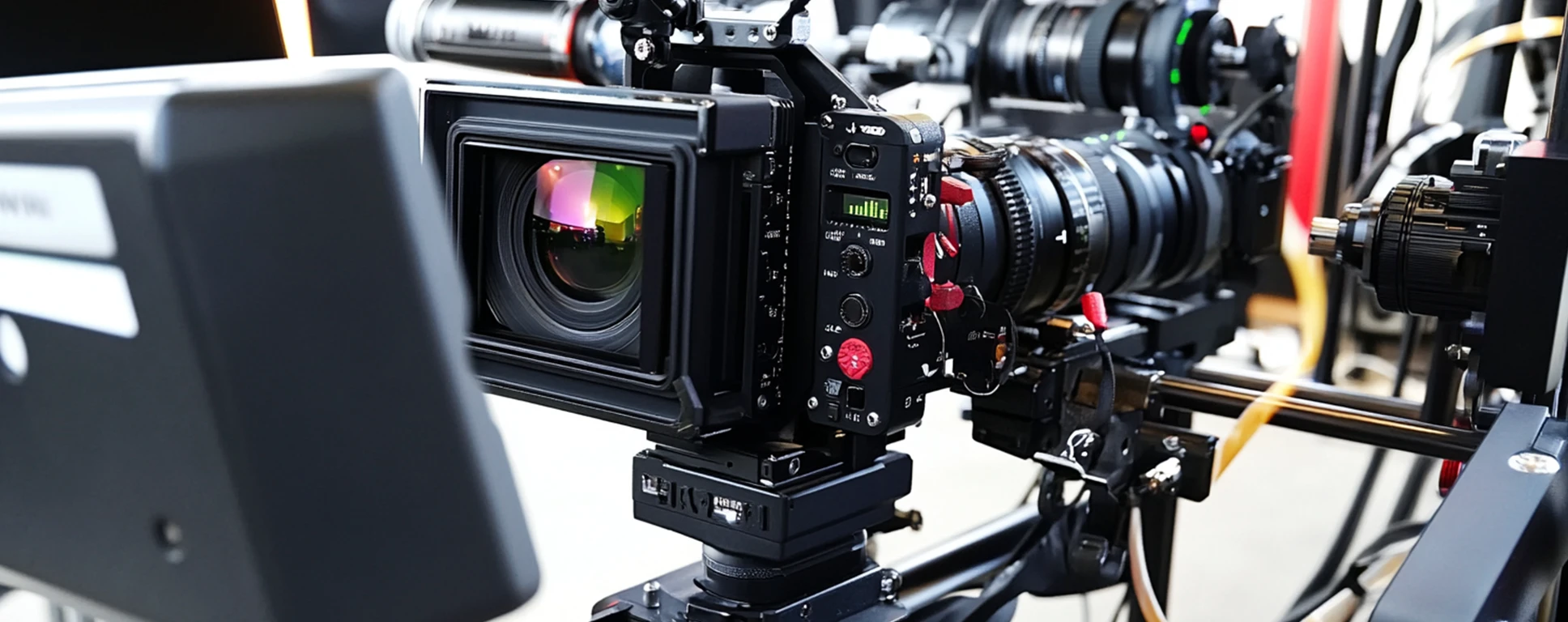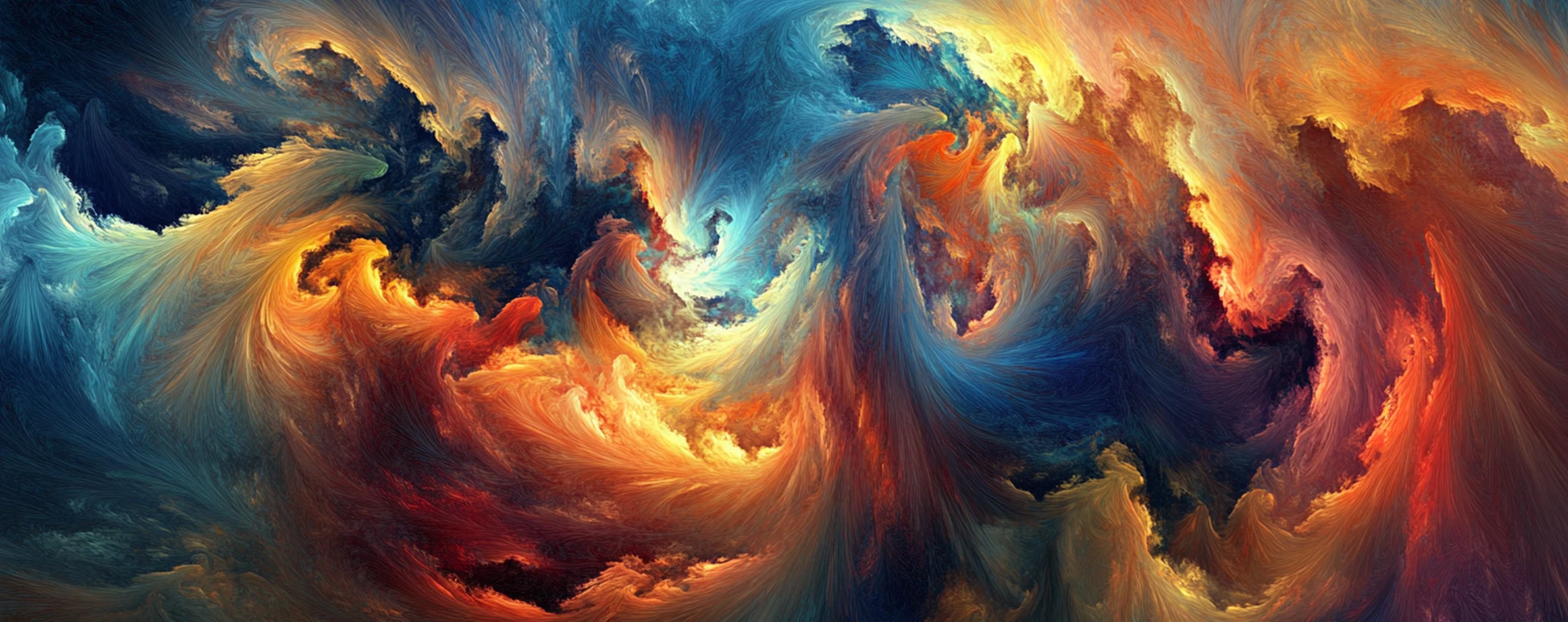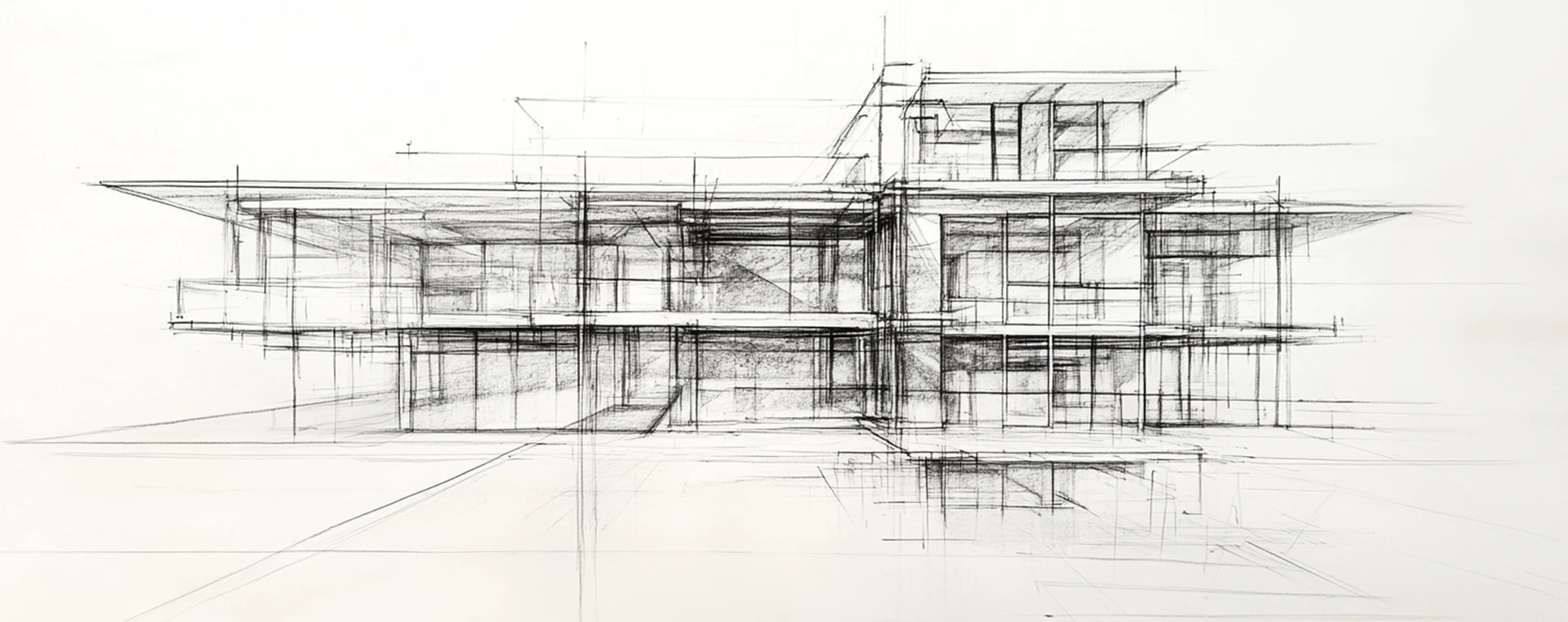
On Time and Space
Course Code
ARTV 10300 20
Course Description
This studio course focuses on the fundamentals of pre-production, production, and post-production techniques using digital video.
"On Time and Space" is primarily concerned with how patterns of techniques and formal logics interact and shape our experience of space and time. We will engage in creative and technical studies, individual projects, readings and screenings that focus on the organization and technical realization of content as well as its interpretation. Videography, lighting, sound design, and editing are taught through concepts and methodologies drawn from fine art, documentary, and narrative film and video making considered across different viewing platforms.
The goal is for students to understand how the experience of space and time can be shaped in the film medium. Students will leave the course with a grasp of the conventional and self-invented techniques filmmakers use.
Course Criteria
This course fulfills an Arts Core requirement.
Instructor(s)
Catherine Sullivan
Other Courses to Consider
These courses might also be of interest.
 Visual Language: On Images (11)
Visual Language: On Images (11)Through studio work and critical discussions on 2D form, this course is designed to reveal the conventions of images and image-making. Basic formal elements and principles of art are presented, but they are also put into practice to reveal perennial issues in a visual field. Form is studied as a means to communicate content.
Topics as varied as, but not limited to, illusion, analogy, metaphor, time and memory, nature and culture, abstraction, the role of the author, and universal systems can be illuminated through these primary investigations.
Students must attend the first two class sessions to confirm enrollment.
Remote Drawing and the Making of Architecture
Drawing and the Making of ArchitectureThis course focuses on the practice of drawing in the making of architecture. It explores the act of tracing lines on a surface as the foundation of design: a word that evokes through its own origins the very moment of architectural invention. As the most direct expression of the architect’s ideas and an operative form of non-verbal thinking, the physical response of the hand to media contributes crucially to the creative process.
This intensive studio experience will offer an unmediated encounter with a range of techniques: we will test different tools and conventions to understand the interaction throughout history between drawing’s materiality and design practice. Parallel to this, we will discuss a wide selection of readings critically, thus reconstructing the evolving theory of representation in architectural writings and the relevance of graphic expression to both theorists and practitioners.
Ultimately, the course will introduce students to norms and conventions of technical drawing by revealing a primary tool in the production of architecture from the point of view of its makers.
Residential